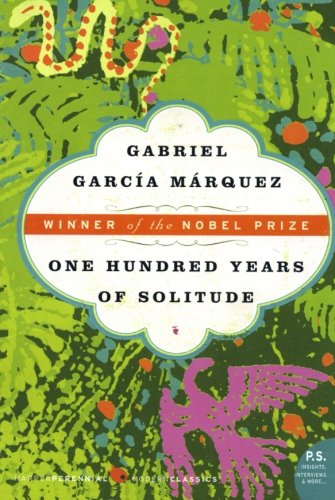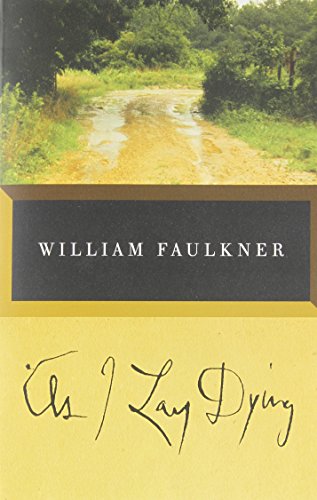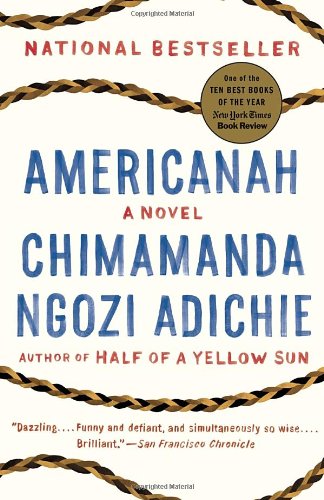It is no secret I am a devoted Jane Austen fan. I try to stay above the fray of that nonsensical, romantic-comedy obsessed side of her fandom, but that isn't always possible (Example: I watch all the movie adaptations, good, bad or otherwise). But I do credit myself a bit for having read all of her novels along with much of her other writing (unfinished novels and letters), as well as a healthy portion of Jane Austen biography and criticism.
One of the distinct pleasures of Jane Austen is the subsequent re-readings that most fans indulge in throughout their lives. You cannot read a Jane Austen novel once and consider yourself a fan; instead you must semi-annually dive back into the world of Regency England and plunder the depths of her novels for new discoveries, for which you are always richly rewarded.
Many people can plot their devotion to Jane via their changing preferences for her characters and novels; everyone begins with Pride and Prejudice, and everyone fancies themselves to be a Lizzie Bennet {Side Note: Why are women so obsessed with identifying themselves with specific characters, as if woman characters in novels were all archetypes of female personalities? That said, I am totally a Jo March of Little Women, and in Anne of Green Gables I am obviously a Marilla Cuthbert). Along with everyone else, I adored P and P and identified very strongly with the "coltish" bookworm Lizzie, but as I made the transition into young adulthood I started to love and admire and detest and empathize more and more with Emma. Like so many young adults, Emma is supremely confident in her abilities, and everyone around her constantly reinforces that confidence, although her actions are constantly contradicting everyone's faith in her. She does not do anything half-way and when fails, she fails spectacularly; but because she is a Jane Austen heroine, she inevitably learns her lesson and tries her best to do better, although Austen knows and we know that Emma will probably fail many more times in her life. Of all the Austen novels, I think it's the funniest, and the peripheral characters are really hilarious and awful, but it's easy to laugh at them and then realize that you are no better or different from Emma, who is doing the exact same thing. I have a strong hunch that in a few years I'll make the switch to preferring Persuasion (as all women over 30 must do eventually), so in the meantime, I'm going to savor these last few years with my Austen avatar, Emma.
The Bookhive List is a weekly recommendation of my all-time favorite, must-read books.

















